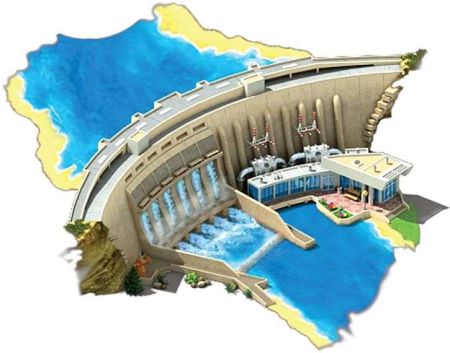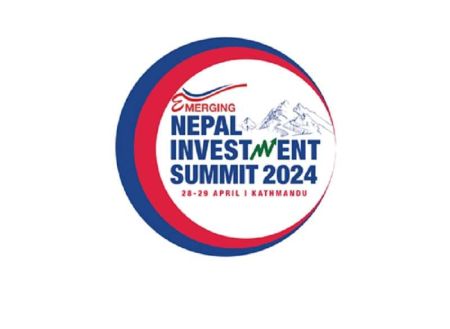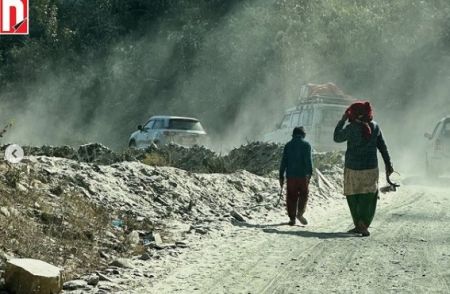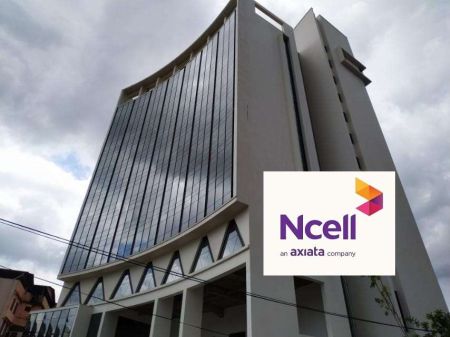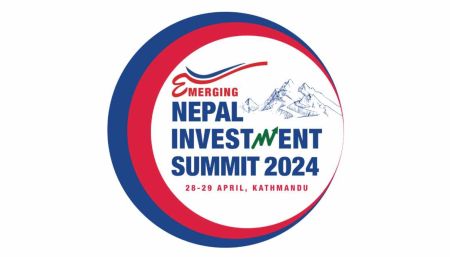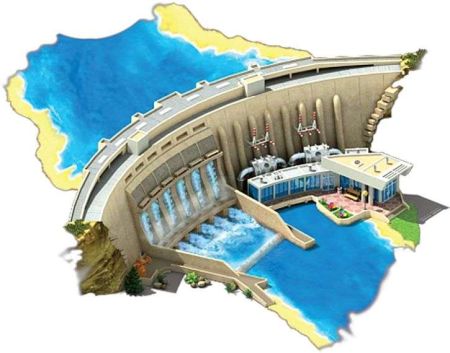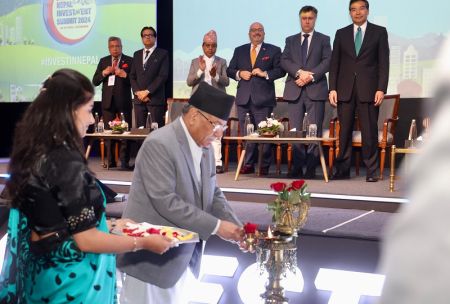R B Rauniar, the Managing Director of Interstate Multi-Modal Transport Pvt Ltd is involved in the transport and transit industry for more than 40 years. He advises the Ministry of Labour and Transport Management time to time and has also worked with the Federation of Nepalese Chambers of Commerce and Industry (FNCCI).
 How do you view the possibility of private sector involvement for the development of the transportation sector in Nepal?
How do you view the possibility of private sector involvement for the development of the transportation sector in Nepal?
The southern part of Nepal is completely linked by roads while the northern part remains largely disconnected. This means that the required infrastructure is lacking. The infrastructure for north-south linkage is crucial for the fast development of this country. You must understand that developing roads is a huge investment. The domestic transportation sector does not get spared due to the increasing fuel prices quite frequently. Electric railway transportation is the only cheap alternative in the long run; however it requires a huge investment. Few surveys have been initiated by the government in the last couple of financial years. This must be developed as a master plan because railways is shorter than roadways distance wise and also facilitates both human and goods movement.
Developing such a huge project is not possible solely with our internal resources and needs international investment or soft loan funding. As for the private sector, nobody will come forward to invest in infrastructure entirely by themselves. They won’t even come as part of joint ventures because there is no market, as such, to make huge investments and get lucrative returns on it. Therefore, the long term investments are the responsibility of the public sector. However, if we can bring in the management of the private sector for such endeavours, that will be efficient. This kind of an arrangement will be economical as well as revenue generating. It has to develop as a part of the broader national agenda and treated as an economic priority.
What should the government do to encourage the private sector for investing in infrastructure?
At present, it is very difficult for the private sector to get involved into infrastructure development due to many reasons. For example, the trucking business is still not organised and trucks are individually owned and leased to companies. A single trucking company has not been developed in an organised manner till now. There are only 283 registered companies in the business and nobody knows how many of them are in existence.
Transportation is getting more difficult in places where cities are developing. The private sector will be more interested in facility management rather than investing in infrastructure. If we look at Kathmandu, transporters will drop goods and go back for more if proper parking spaces and warehouses can be set up. But there is not a single warehouse that can serve on a long term basis. This is where the private sector can come in and invest in such projects
Why isn’t the private sector interested to get involved if there are prospects?
When the interest rate is tremendously high (14 per cent), the rate of return correspondingly becomes very low. For example, the cost of a project can’t be predicted for say, five years down the line, adjusting with the interest rate of borrowing. Given such uncertainty, the private sector cannot be expected to take initiatives in situations like these.
Do you see the possibilities of building roads by the private sector in Nepal similar to that in other countries?
We don’t have the level of traffic in Nepal that will lure the private sector to invest in toll roads. The private sector will invest automatically where there is an opportunity for profit. If we had the level of traffic that could yield profits, the tunnel to link Birgunj with Kathmandu would have been constructed by now. The FNCCI is ready to lead and the business community in Hetauda is showing interest but there are elements that have contributed towards slowing down the entire process. Goods and passenger movement is not high as of now but on a positive note, there is an increase in internal population as well as growing international linkages. Toll road development needs huge investment so the government must come forward for constructing infrastructure because it gets soft loan. Debt recovery needs prudent management which can be done by the private sector. If PPP can be fully implemented, a lot of projects could be developed in the foreseeable future.
So you mean to say that it is better to let the private sector manage infrastructure instead of asking them to develop so.
Yes, because they don’t have the required capacity given the insufficient domestic resources. The private sector must be allowed to bring in foreign capital as there are foreign banks that trust the Nepali private sector. If such soft loan is allowed to bring in, hydroelectricity can be rapidly developed. Nobody is willing to invest with the domestic rate of interest that is higher than 10 per cent. A single bank cannot finance a project larger than 100 MW; large scale projects need consortium efforts as they need billions of rupees. So, the government must finance development efforts but let the private sector manage them. The government cannot manage projects efficiently and the result is that every public sector enterprise is making losses. Therefore, the government should not conduct business; it should instead allow the private sector to manage. The private sector will then make money and earn revenue for the government.
What should the government do to make the transport sector effi cient and effective?
First and foremost, there has to be a right policy. Efficiency will only increase when the transit time can be lowered and turnover can be made faster, this will also lower the cost of transportation as it lowers the overhead cost. The existing transportation facilities can be developed given the available resources but the policy makers must have the political will with a common national agenda for this to happen.







